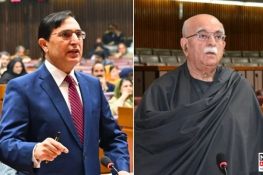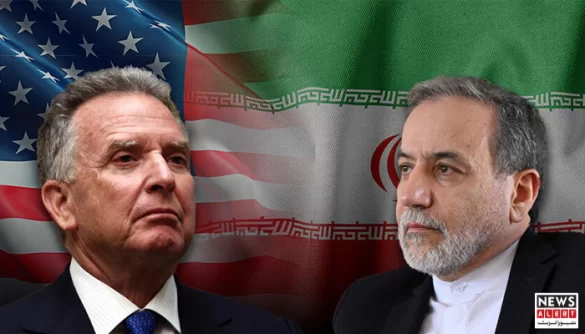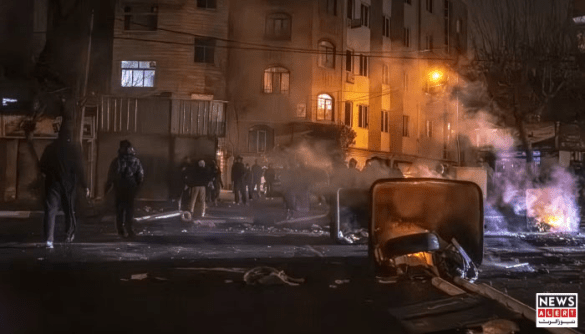Islamabad – Speculation surrounding the possible return of former Prime Minister Imran Khan’s sons has added a fresh layer of political and legal tension in Pakistan.
Government advisor Rana Sanaullah’s recent threat to arrest Khan’s sons upon their return has further intensified the political atmosphere. In response, Jemima Khan, Imran Khan’s former wife, took to social media, strongly criticizing the statement.
“What kind of democracy is this where children can’t raise their voice for their father’s release?” she questioned.
Prominent analyst Matiullah Jan remarked,
“The way the Sindh and Punjab governments are reacting, it’s as if not just Qasim, but Muhammad bin Qasim is returning.”
This statement reflects the nervousness in government circles over the symbolic and strategic value of the sons’ potential return.
According to political experts, if Imran Khan’s sons arrive in Pakistan and actively engage with the public, it could present a serious political challenge for the government. They argue that while the current PTI leadership lacks the drive to lead a successful mass movement, the personal involvement of Khan’s sons — bound by blood and sentiment — could reawaken public sympathy and reenergize PTI’s grassroots support.
Legal expert Salman Akram Raja stated that returning to Pakistan is a fundamental right for Khan’s sons. He added that if they hold Pakistani citizenship, no legal barrier should prevent them from voicing support for their father.
Human rights activists and legal scholars have echoed this view, warning that any attempts to arrest or silence Khan’s sons could draw international scrutiny, particularly from global human rights organizations.
They emphasized that the return of Imran Khan’s sons should be seen through a constitutional and humanitarian lens, rather than as a threat. If they choose to support their father publicly, it would be within the framework of both civil rights and democratic norms.















